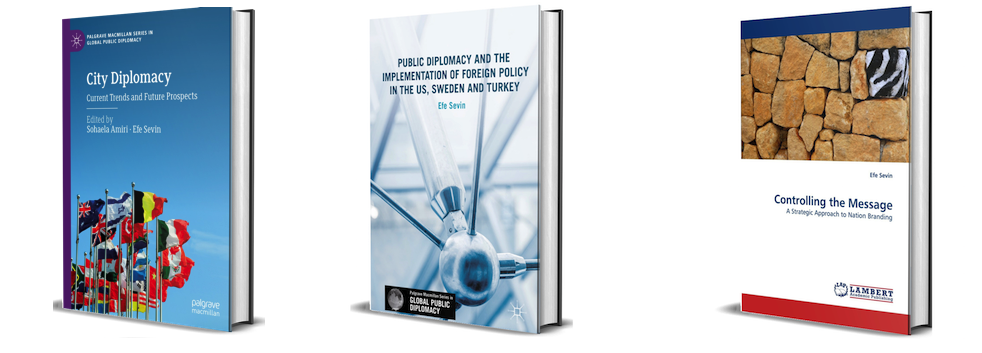I know Portugal won the Eurovision Song Contest, but Sweden won the Eurovision. As I am obsessed (not only with Eurovision but also) with nation branding and perception, I look at the results from a branding perspective. And I will argue that Sweden – not Portugal, not even the host country Ukraine – won the Eurovision.

“Celebrate Diversity” was the ‘theme’ at Kyiv (Photo from eurovisionworld.com)
I probably should not go through the myth of “Swedish” neutrality in details here (I tried to explain it a little bit better in this book chapter). In its essence, Sweden is a neutral country with a heavy Western/European bias. In military partnerships, the country follows a non-alignment strategy (but partners with NATO in certain operations). In foreign policy, Sweden seeks wide-scale consensus, with European Union being one of the first platforms it uses to reach that consensus. Last two decades, there has been an increasing Swedish influence in European institutions. Since the country joined the EU in 1995, it has taken the initiative to propose policies and regulations in areas deemed important (in 2017, these areas are inclusive growth, climate change, and refugee/asylum seeker cases). I should also note that since 1995, the country won Eurovision three times – more than any other country in that 22 year period.
I see Eurovision as another platform on which countries portray their commitment to European ideals and partnerships. This message is not easily observable especially if you happen to watch the performance, however, the participation decision comes from public broadcasters that are members of European Broadcasting Union. Instances such as Turkey’s decision to withdraw from the contest (and to organize its own “Turkvizyon“), Russia’s absence this year due to Crimea-related travel restrictions, and Israel’s IBA’s heart-breaking goodbye show how political choices are reflected on Eurovision.
Anyhow, why did Sweden win Eurovision? Because Sweden used Eurovision to show its commitment to Europe and to collaboration.
The year’s theme was “Celebrate Diversity”. Below, you can see Sweden’s stage performance. Despite the uberly superficial (and borderline sexist) lyrics, it was great to witness racial diversity on stage – an issue that remains problematic across the continent. This was a good (probably incomplete as there are still five guys singing about the physical appearance of a woman) reflection of diversity in the country.

Sweden performing on stage (Picture: Getty/metro.co.uk)
Kyiv also welcomed another Swedish Eurovision star – Mans Zelmerlow, the 2015 winner. He was a commentator for the Swedish broadcaster, but on top of his local job, he was part of the show in Kyiv. In one of the pre-recorded videos that aired during the final, the Ukrainian hosts realize they need help to improve their Eurovision-host skills, so they enlist the help of Mans Zelmerlow. Two years after his win, Mans gets more air time than the contestants thanks to this video, and doubles the Swedish exposure. And apparently, he is already getting ready for another collaborative mission – helping UK win Eurovision in 2018.
The song from Portugal might have performed better than the Swedish one but Sweden surely won the Eurovision by showing its commitment to Europe, European values, and collaboration with others.
